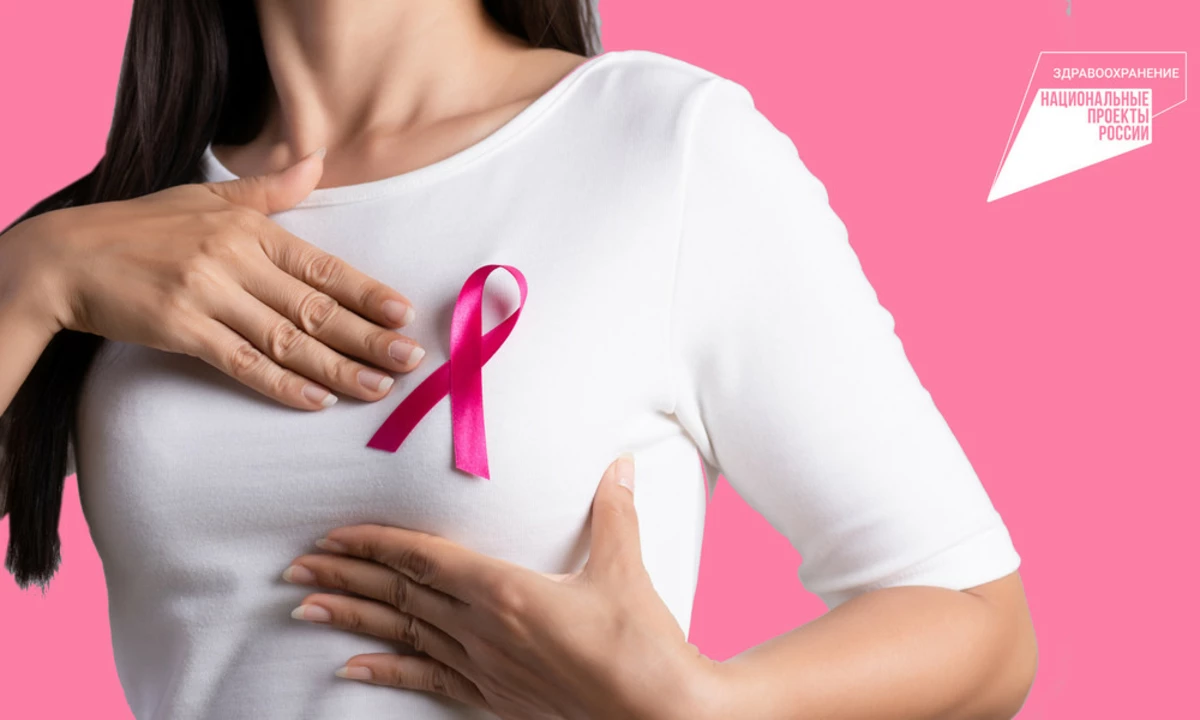Breast Cancer Survivors: Practical Care, Support & Next Steps
Survivors often feel relief and new worries after treatment. Expecting life to snap back can lead to frustration when recovery is slow. Here are clear steps to help you rebuild strength, manage side effects, and find support.
Quick Recovery Steps
Get a written follow-up plan from your oncology team. Ask which tests, how often, and which symptoms need urgent attention. Keep records of meds, scans, and notes so appointments run smoother.
Move gently but daily. Start with short walks, light stretching, or rehab exercises from a physiotherapist. Aim for consistency: ten to twenty minutes most days beats a single hard session. If you had lymph node surgery, ask about lymphedema prevention and safe moves.
Support & Practical Help
Mental health matters. Anxiety, grief, and fear of recurrence are normal and treatable. Try a support group, short-term counseling, or one-on-one therapy if worries affect daily life. Small habits help: sleep at regular times, drink water, and take short walks.
Track symptoms in a simple notebook and bring it to appointments. Manage common side effects with targeted actions. For hot flashes use breathable fabrics, layers, and a fan. For taste changes try tart fruits, cold dishes, and frequent sips of water. Constipation often improves with fiber, fluids, and movement.
Pay attention to heart and bone health if your treatment affected them. Ask about bone density tests and heart checks when relevant. Nutrition should be balanced, not extreme. Choose vegetables, whole grains, lean proteins, and healthy fats. If appetite or weight is an issue, a dietitian can offer simple plans.
Work, relationships, and routines often shift. Talk with your employer about a phased return or flexible hours. Explain needs to one trusted friend if others don’t get it. Use community resources for rides, meals, and childcare when energy is low. Many centers and charities offer free services or volunteers.
If you’re planning pregnancy tell your doctor early; fertility options may be available. A fertility specialist explains timing, risks, and preservation choices. Don’t hesitate to ask for financial or legal advice if needed.
Small, consistent steps add up. Build a simple routine: sleep, light exercise, hydration, and follow-up care. Survivorship is about more than scans; it’s about living with purpose after treatment.
Keep open lines with your medical team and schedule routine checks without delay. If new symptoms appear, call right away. Join survivor networks for practical tips like where to find lymphedema sleeves, wig resources, or low-cost counseling. Online forums can be helpful but pick reputable groups tied to cancer centers or charities. Consider a survivorship care plan that lists your treatments, risks, and follow-up steps. Print it and share with your primary care doctor. Small steps like this cut stress and help you feel more in control.
If you need quick answers, use reputable sites or call your clinic. Keep a brief list of emergency symptoms and a contact person. Practice gentle self-compassion—recovery is a process and you don’t have to rush. Today.
The Importance of Self-Care for Breast Cancer Survivors
As a breast cancer survivor, I cannot stress enough the importance of self-care in our journey to recovery. Taking care of our physical, emotional, and mental well-being is crucial in helping us regain our strength and confidence. By engaging in regular exercise, maintaining a healthy diet, and seeking emotional support, we can significantly improve our overall health and reduce the risk of recurrence. Surrounding ourselves with positive influences and seeking professional help when needed also plays a vital role in our healing process. Remember, self-care is not selfish; it is an essential part of our journey to becoming strong, resilient survivors.
